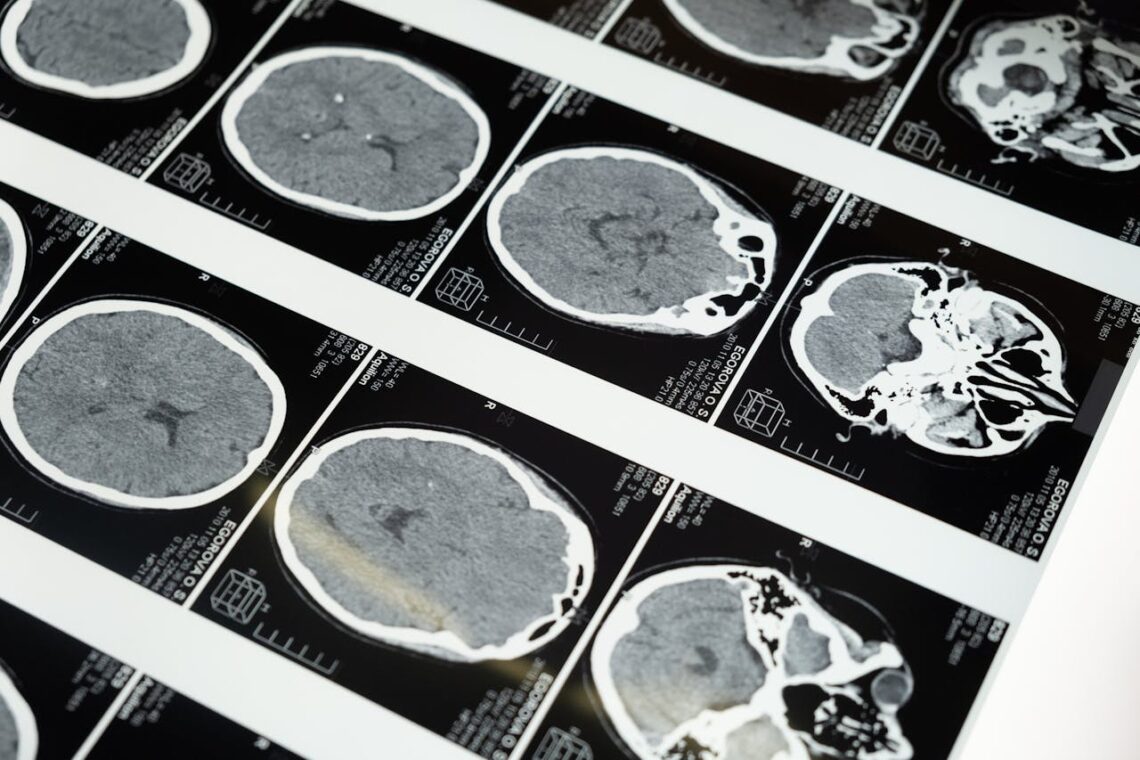Traumatic brain injuries (TBIs) are among the most severe injuries that individuals can experience, often with life-altering consequences. A TBI happens when a hard blow or jolt to the head affects the brain’s normal function. These injuries range from mild (concussion) to severe damage that can lead to long-term physical, cognitive, and emotional impairments. With the potential for profound and lasting effects, understanding the symptoms, treatment options, and legal rights associated with TBIs is crucial for anyone who has been affected by one.
Common Causes of TBI
TBIs can occur in various situations, but the most common causes are car accidents, slips and falls, sports injuries, and workplace incidents. In particular, older adults and children are more vulnerable to suffering TBIs from falls. In comparison, younger adults may be more likely to experience them from motor vehicle crashes and contact sports.
Workplace accidents can also contribute significantly to TBIs, especially in construction or manufacturing, where falls from heights, being struck by heavy objects, or machinery-related injuries are prevalent. No matter the cause, it is essential to recognize the signs of a TBI and seek prompt medical attention to minimize potential long-term damage.
Recognizing the Symptoms of a TBI
Traumatic brain injury symptoms depend on the severity of the injury. Mild TBIs, such as concussions, might result in temporary symptoms, while more severe injuries can have lasting effects. Common symptoms include:
- Headache: Often persistent and may worsen over time.
- Dizziness: Feeling lightheaded or disoriented.
- Nausea or vomiting: More frequent in the immediate aftermath of the injury.
- Blurred vision: Light sensitivity or other visual disturbances.
- Loss of consciousness: Can occur briefly or for extended periods.
- Memory problems: Difficulty remembering events before or after the injury.
- Mood changes: Including irritability, depression, or anxiety.
Severe TBIs can lead to more profound…
Read the full article here







